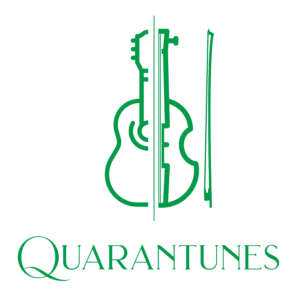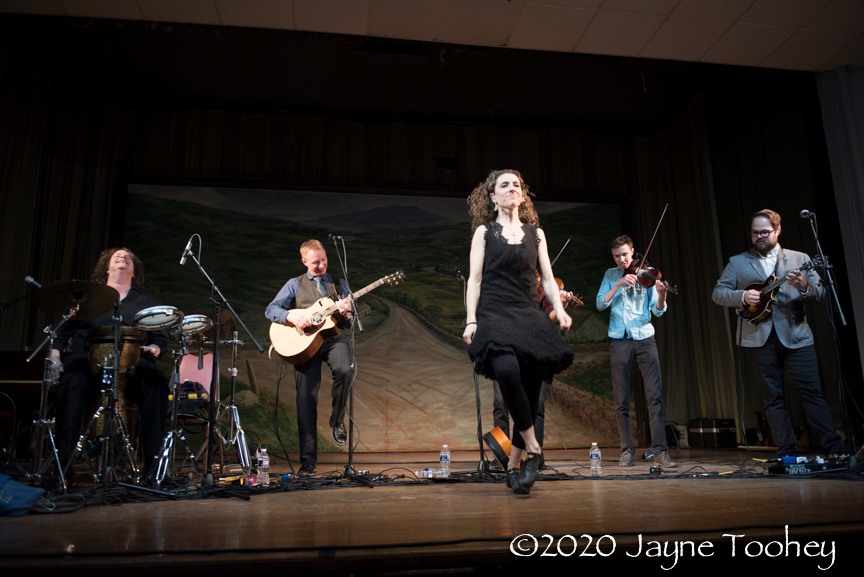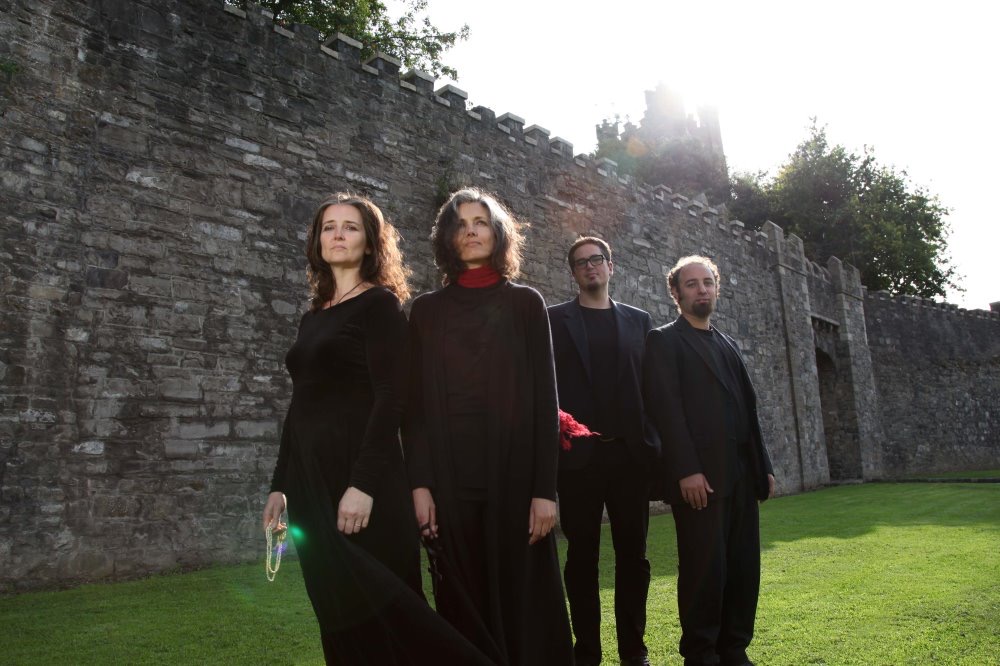 Shannon Lambert-Ryan bustles about her home kitchen, her fixings for Finnish ribbon cookies—including a huge bag of Heckers flour—at the ready. The mixing bowl sits upon a table at just the right height for her tow-headed toddler son, Liam—which for some, might seem a recipe for disaster.
Shannon Lambert-Ryan bustles about her home kitchen, her fixings for Finnish ribbon cookies—including a huge bag of Heckers flour—at the ready. The mixing bowl sits upon a table at just the right height for her tow-headed toddler son, Liam—which for some, might seem a recipe for disaster.
Not so. Welcome to Lambert-Ryan’s periodic Facebook show, one of a series called “Baking with Babies.”
Video camera duly focused in on the action, Liam helps out enthusiastically. Guided by Lambert-Ryan’s hand, he scoops a cup of flour into the bowl. “1-2-3,” he says.
He seems inordinately interested in adding vanilla, which the recipe calls for, but not yet. With a wee one’s level of patience, he holds and shakes a bottle kept in his little kitchen, waiting for the opportunity to add it.
At one point, he “cracks” some toy eggs from his kitchen into the mixture. A little later on, he scoops up some dough with his little fingers and helps Lambert-Ryan squish it unceremoniously onto the baking sheet.
“No eating till it bakes,” he says, evidently well-schooled in the ways of raw dough.
“Nice job, buddy,” she says, with extraordinarily patient praise.
And so it goes until the jam-filled yummies are finished.
Lambert-Ryan is the lead singer of the Celtic supergroup RUNA. She’s married to the group’s Dublin-born guitarist Fionán de Barra.
The last time local audiences got to hear RUNA was March 8th in concert at the Commodore Barry Arts & Cultural Center (the Irish Center). Then the band took a trip out to Colorado for a festival. And that was it for performing as a band as concerns over the coronavirus pandemic and mandates banning large social gathering began to take hold.
After the Irish Center show, the band debated traveling to Colorado, says Shannon Lambert-Ryan.
“It’s a festival where we’re really good friends with the people who run it, and it felt like we’d be letting them down,” she says. “We ultimately wound up going, but it was the last thing we did. So we were out in Colorado when places in Philadelphia and the surrounding Tri-State area started to shut down. So we wound up coming home after that. We landed back home on March 16th and celebrated St. Patrick’s Day the next day at home instead.”
Lots of other bands were on tour throughout March and April, she adds, but at that point RUNA had only two weeks left on their tour, so they were just finishing off.
That doesn’t mean RUNA hasn’t lost work. As with virtually all bands and solo musicians, the pandemic shutdown is likely to have an impact.
“Our biggest touring periods are in that early February to March period, and then in the summertime for festival season,” Lambert-Ryan says. “For the summer, we were already booked for most venues, but they’ve all postponed or canceled at this point. So for us, we’re not looking at the possibility of touring again until the fall, but most venues have already called them off, too. We tour with other bands and projects as well. Most of those are already looking at their fall and Christmas touring periods as written off because, until there’s a vaccine, there’s such a great risk.”
Since then, Lambert-Ryan and de Barra have performed one live Facebook concert, but that’s been it for live streaming music. Without a toddler running around and getting foot, she says, there would probably be more. But on the other hand, they do have Liam, a total gift and a joy.
Enter “Baking with Babies” and other fascinating creative outlets.
Initially, losing all of that musical performance work became, she says, “like a grieving period.”
With time to reflect—and there’s been plenty of that—a different mindset evolved.
“Once we got through the first couple of weeks and found our feet and settled, we just said, you know what, in addition to just being together—because we’re constantly on the go and on the run—hey, let’s take a breath with everything and reassess and do some things at the house that we’re not able to do, get the garden ready ahead of time—that kind of thing. And while we’re listening to music and getting ideas for things, while we have several projects that we have been in the process of either working on or getting started, we just said, let’s really go into that full depth. And we’ve been doing that and running around after a speedy, very energetic 2-year-old, who has just been having a ball. We’ve just been able to enjoy that time, which has been nice.”
Close to 300 people follow the “Baking with Babies” page, which is an outgrowth of efforts to channel some of Liam’s energy into something that fascinates him.
Lambert-Ryan grew up with an enthusiasm for baking herself. Liam, she says, has been around baking since he was very small. Since he’s gotten older, Liam has been totally engaged in helping out. All of that interest morphed into an unplanned creative outlet, taking advantage of the sudden run on pandemic baking.
“In a time when it felt like the airwaves were kind of inundated with a lot of the live music streaming events, we just decided to do this for people who might want something slightly different or they were baking a lot more and they just wanted recipes,” Lambert-Ryan says. As for Liam, it’s a source of endless delight. “He walks around the house saying, ‘Baking with babies, what are we making today?’ So that’s been a lot of fun for us and allows us to just have different assets and different aspects of ourselves to play with and enjoy creatively so that it’s not oversaturating us as we get started into some of these other projects and as we found our feet.”
Those other projects are fascinating.
Last year, the band started on a Christmas EP in hopes of making it a full-blown album for Christmas this year. They’re likely to add a couple of tracks.
But by far the most ambitious project involves the Choctaw Indians of Oklahoma.
Back in the early days of Ireland’s Great Hunger, the Choctaws sent $170 in aid. There’s a feathered sculpture in Cork commemorating the donation. (Lately, the Irish have returned the favor, raising close to $2 million to assist the tribal nation as it copes with the devastating effects of the Covid-19 pandemic.)
The 1847 donation came up when the band was visiting Tulsa for an Irish festival. The director of the festival brought up the old story and mentioned that the festival organizers had been developing relationships with the Choctaws. He’d always felt there should be songs commemorating the special relationship between Ireland and the tribe.
“We just got very excited,” Lambert-Ryan says. “So much of history, whether it’s through songs and creative arts or if it’s just in history books, is violent. It’s tragic. It’s very sad. Or it has to do with the exchanging of power, here or there.”
What followed was an invitation to spend a couple of days visiting the tribe, sharing music and dance—both Irish and tribal. The Choctaws’ choir performed sacred music. Chanters performed tribal traditional music. Everyone on the tour was presented with hand-crafted medallions. The band members presented their hosts with a carved wooden claddagh—and some Irish shortbread cookies.
Ultimately, a collaborative musical effort may emerge from this newfound relationship.
“At this point,” she says, “we’re in the stage of starting to take that information, now that we’ve been home, and translate that into music and the creative side of things. And then hopefully collaborate with them as a band. We won’t be able to travel to them in the way that we were planning, but we can do it remotely—and thank goodness for the technology so that we can send ideas back and forth.”
So is the pandemic in its perverse way a blessing in disguise? That, Lambert-Ryan says, depends on how you look at it and what time of day.
“Things are really scary and really sad,” she says. “And we’ve had our fair share of that as well. There are days when that’s all I can be and dwell in.”
On the other hand, she and her husband have Liam, and they’re living with Lambert-Ryan’s mother and sister, and so far all is well. “For all other intents and purposes,” she says, “I feel incredibly lucky that we’re all safe, and we’re all here together.”



